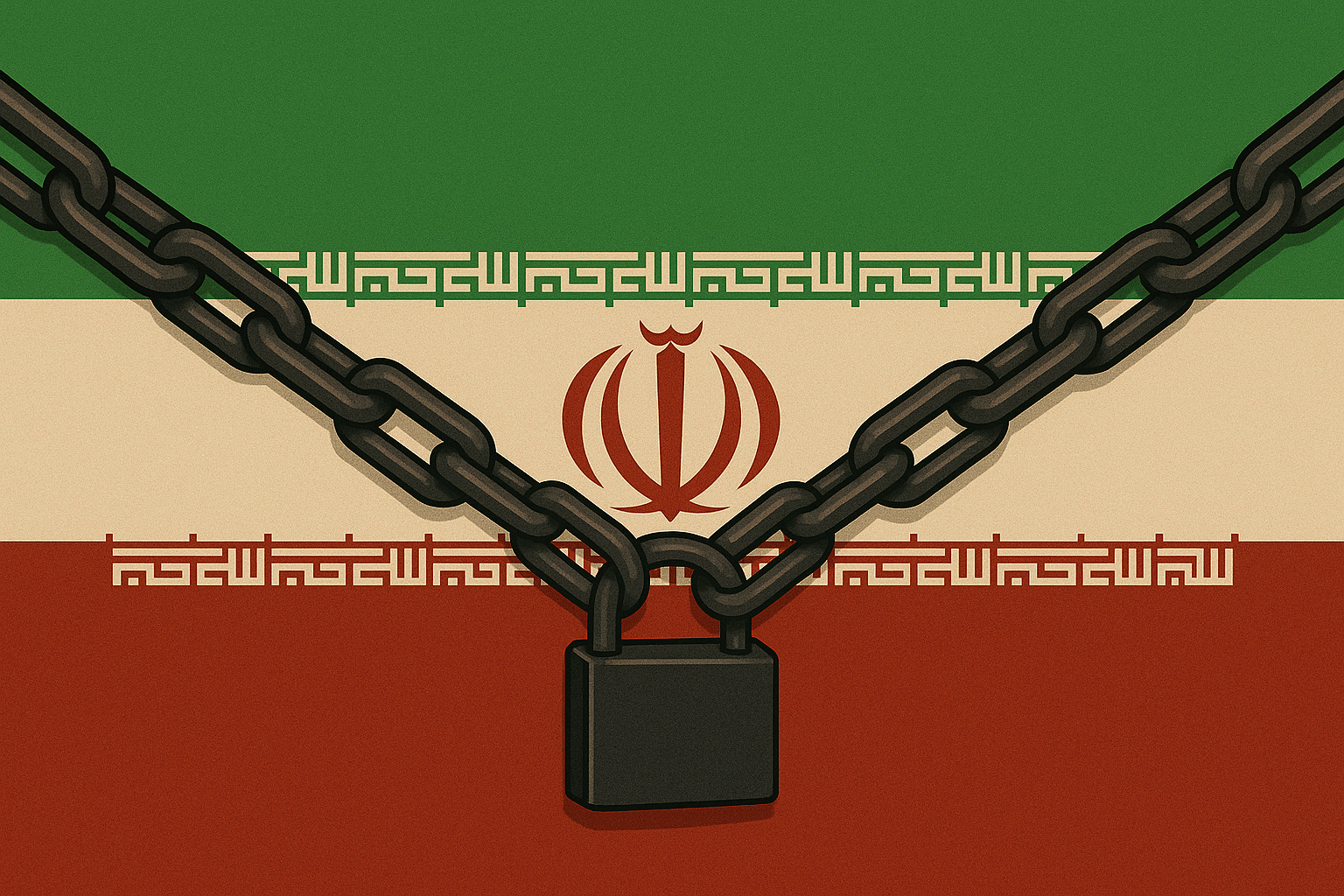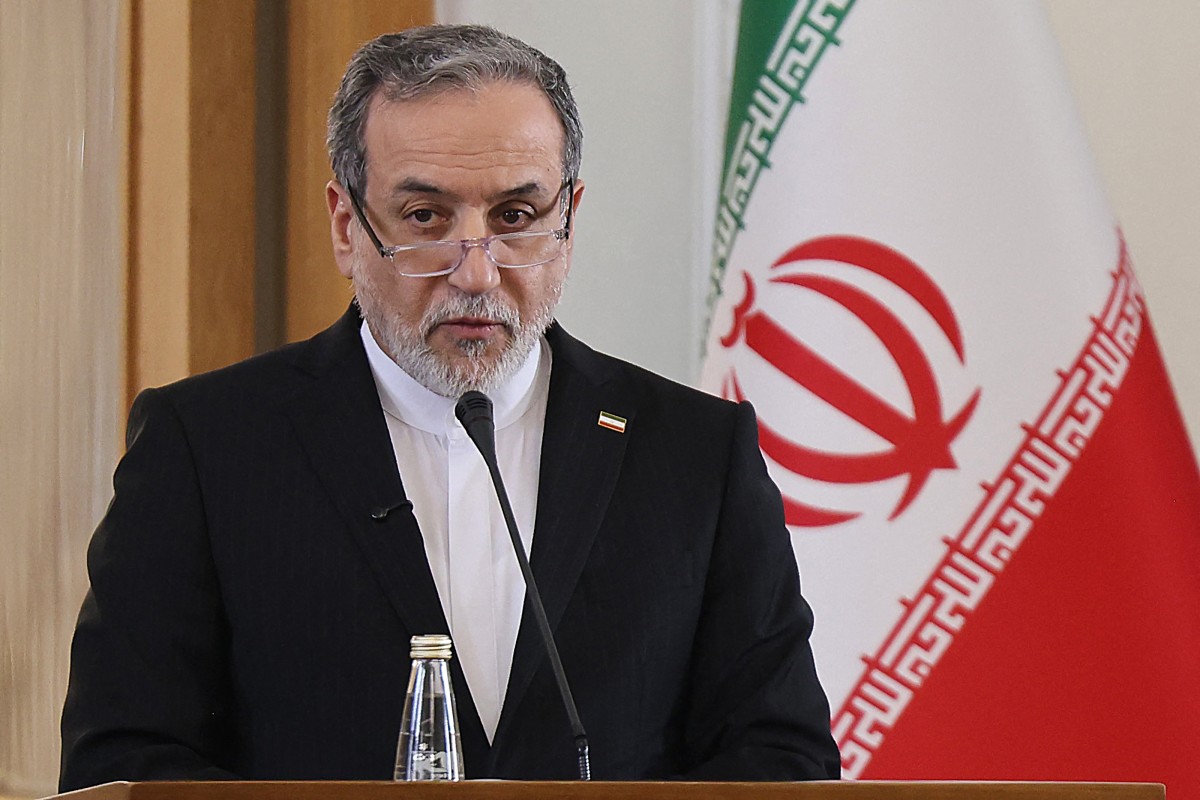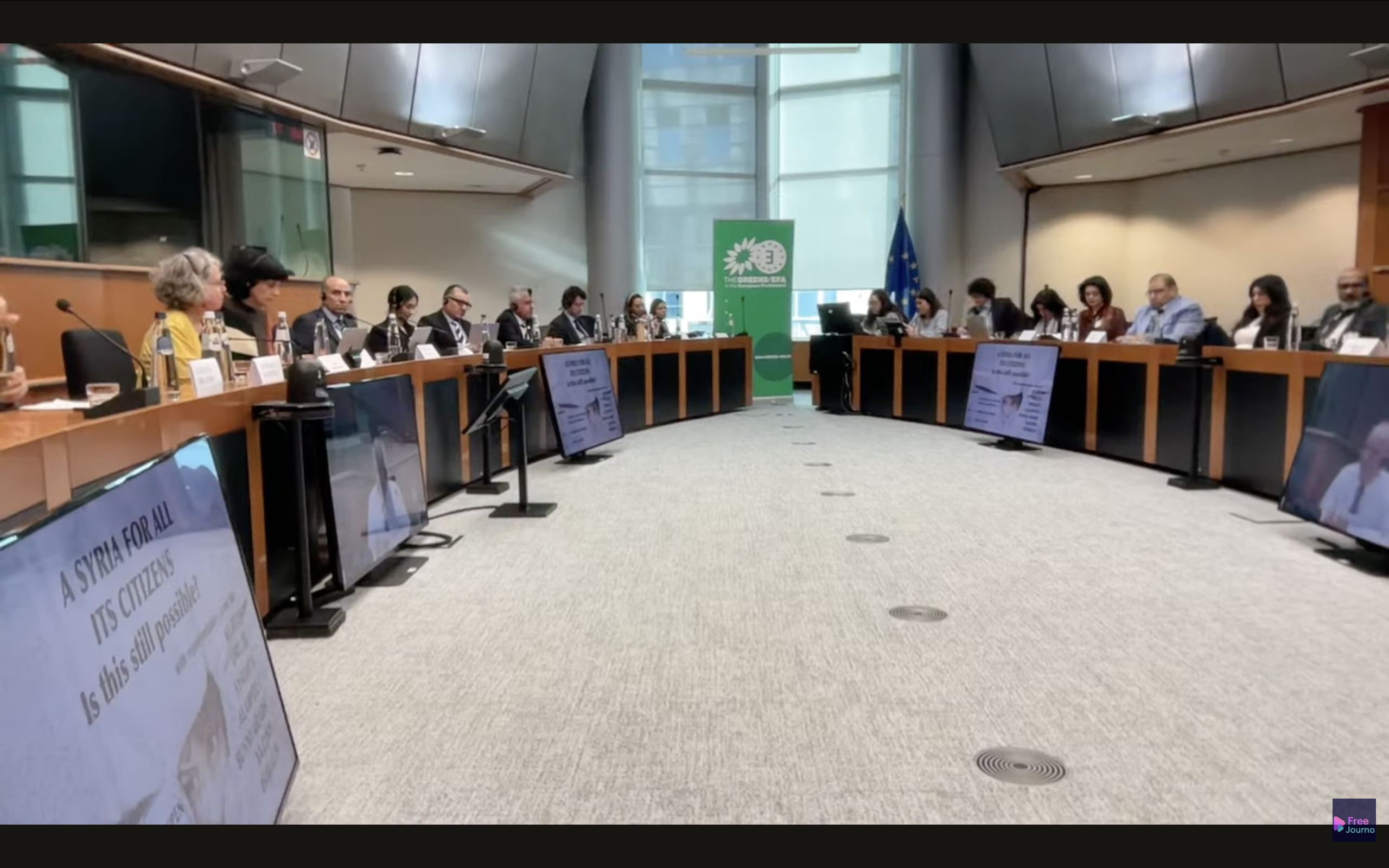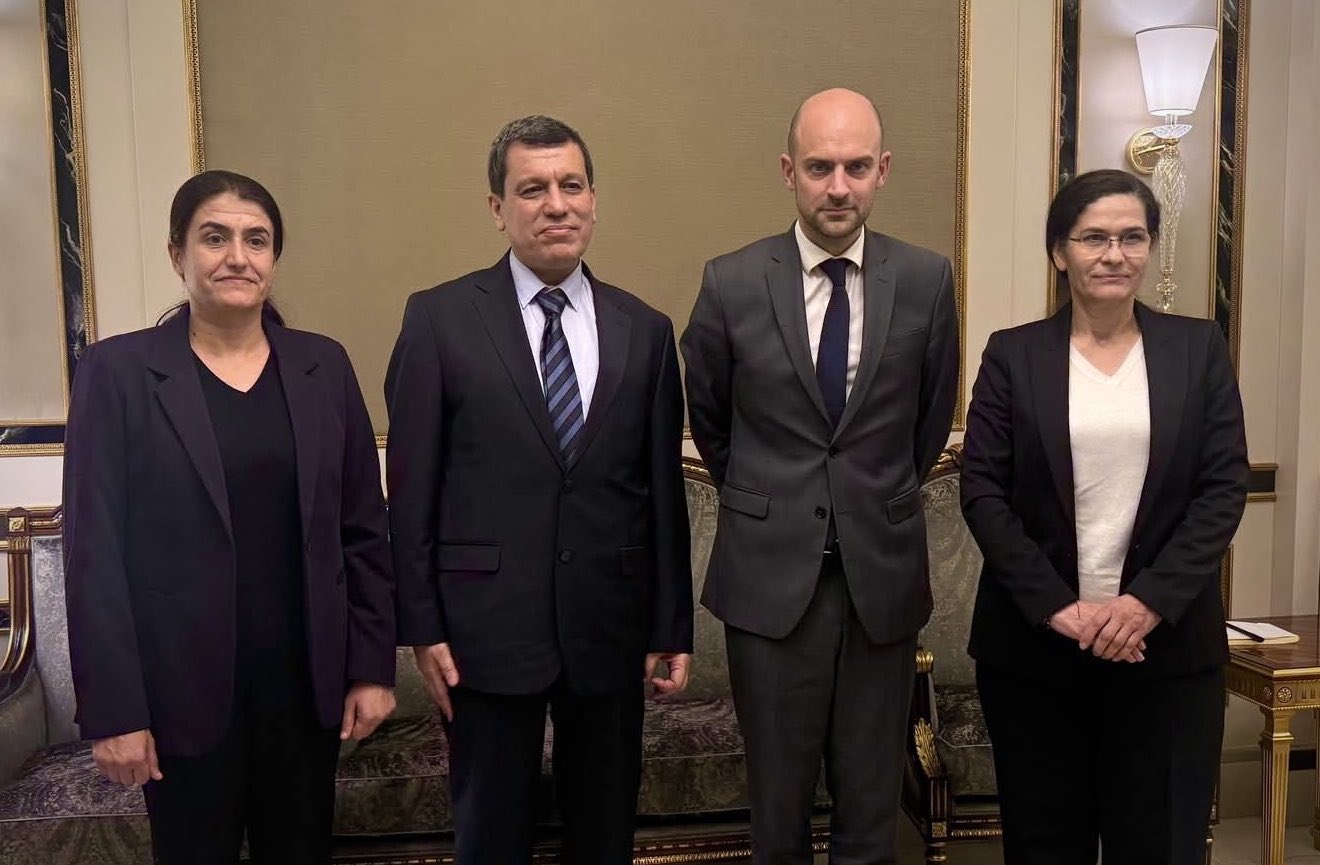Sanctions Were Meant to Weaken Iran’s Regime. Instead, They’re Breaking the Iranian People.
For Mitra, 28, the word “snapback” doesn’t sound like diplomacy. It sounds like losing something. Sitting in her small apartment in Tehran, she tells The Amargi, “Every time the dollar jumps, another dream fades away.”
In Tehran, prices rise faster than pay cheques, and hope feels like a luxury. Four years ago, owning a home or a car felt possible. Now, even planning for next month is impossible.
Mitra is not alone. Across Iran, the revival of the snapback mechanism has left millions of ordinary Iranians fighting to stay afloat. The mechanism was designed to punish Iran’s regime. Yet, its main victims are the people.
What Is the Snapback Mechanism?
The snapback mechanism is a clause in the 2015 Iran nuclear deal, formally known as the Joint Comprehensive Plan of Action (JCPOA). It allows for the automatic reimposition of international sanctions on Iran if the country violates its commitments.
Under the deal, Iran agreed to limit its nuclear activities in exchange for sanctions relief. In recent years, European countries have accused Tehran of violating the agreement by enriching uranium to 60%, far above the 3.5% limit. Iran has also stockpiled 400 kilograms of highly enriched uranium, enough to build several nuclear bombs if it chose to weaponize its program.
In response, the United Kingdom, France, and Germany formally triggered the snapback mechanism on August 28, 2025, leading to the reinstatement of all previous United Nations sanctions on September 28.
The move came just a few months after the Twelve-Day War in June, 2025, in which Israel struck a key nuclear facility and killed several high-ranking Iranian generals.
The renewed sanctions freeze assets, ban travel for many Iranian entities and individuals, and authorize countries to stop and inspect cargo traveling from Iran by air or sea – including shipments aboard Iranian government vessels such as oil tankers.
Iran’s president, Masoud Pezeshkian, condemned the measures, calling them “unjust and illegal.”
The New Reality for Iranians
While Western leaders talk about pressuring the Iranian regime, it is the people in Iran who are hit the hardest. For many Iranians, fresh Israeli threats and renewed sanctions have made daily life a struggle for survival.
“The feeling of instability and insecurity is everywhere,” says Parwana, 25, from Shiraz.
Prices rise almost every day, the Iranian rial keeps falling, and it is becoming hard to afford even basic goods like rice, cooking oil, and medicine. What used to be normal – renting a small apartment, owning a car, or saving for the future – now feels like a distant dream for the middle class.
“We used to think if we worked hard, things would get better,” says Mitra. “Now, it feels like the harder we work, the further we fall.”
The government is also struggling with a severe energy and water crisis, which has led to mandatory cuts to power and water supplies in many cities.
After the Twelve-Day War, companies started shedding jobs at an alarming rate. Since then, the unemployment rate has risen to 9.2%, up from 7.6% last year, according to the International Monetary Fund
“We don’t have enough water or electricity. Even during wartime, it was never this bad. It feels like the whole country is falling apart,” Rebwar from Mahabad tells The Amargi.
Sanctions Squeeze the Middle Class
After the Twelve-Day War, companies started shedding jobs at an alarming rate. Since then, the unemployment rate has risen to 9.2%, up from 7.6% last year, according to the International Monetary Fund; and inflation has spiked above 40%, eroding salaries that no longer cover living costs.
“I can’t plan anything anymore,” Mitra says. “One day my salary buys enough food for a week, the next day it’s worth half.”
Sanctions also hit small businesses hard. Importers struggle to access foreign currency, factory owners can’t buy parts, and service workers face shrinking demand as families slash spending. Some middle-class families have picked up second jobs, sold possessions, or moved in with relatives just to cope.
Economist Dr. Mohammad Melanouri from Tehran’s Sharif University says the pain is structural, not temporary: “Sanctions affect Iran through two channels,” he explains. “Restrictions on imports and technology slow down growth and create unemployment. Banking sanctions make it difficult to access export revenues, pushing up the dollar and, with it, inflation.”
With foreign investment gone and trade routes restricted, Iran’s economy is running on a limited oxygen supply. But the human cost is what stands out: a middle class once seen as the engine of reform is now fighting for survival and shrinking under the weight of that daily struggle.
Dr. Melanouri warns that the country’s poverty rate has already jumped sharply, “During the first wave of Trump’s sanctions, poverty rose from around 10–15 percent to over 30 percent. That means nearly 12 million Iranians are struggling to meet their basic needs.”
A recent study in the European Journal of Political Economy found that Western sanctions since 2012 have sharply reduced Iran’s middle class, pushing more families into low incomes while enriching a small elite. Many experts claim this widening gap between different classes is one of the most dangerous long-term effects of sanctions.
The Birth of Oligarchs
“Sanctions are a blessing for us,” says a businessman close to the government, speaking to The Amargi on condition of anonymity.
“The IRGC controls everything. They profit from every product – from the air we breathe to the way we die.
For the wealthy and well-connected, sanctions have opened opportunities. Those with access to foreign currency, government contracts, or black-market networks often find ways to profit from scarcity.
The clearest example of this situation can be seen in the hands of Iran’s powerful Revolutionary Guard (IRGC).
“The IRGC controls everything. They profit from every product – from the air we breathe to the way we die. A network of oligarchs closely linked to them dominates all major businesses,” claims Rebwar.
They import goods through unofficial channels, trade in hard currency, or act as middlemen for restricted products. In Tehran, a handful of businesses continue to thrive, selling imported cars, luxury goods, and electronics at inflated prices.
Dr. Melanouri warns that this imbalance feeds a new class of insiders who benefit from the crisis: “Sanctions haven’t weakened the political elite,” he explains. “They’ve strengthened those with access – traders, brokers, people close to power. In every round of sanctions, we see the same pattern: the poor get poorer, and the connected get richer.”
Omid Barin
Amargi Columnist




